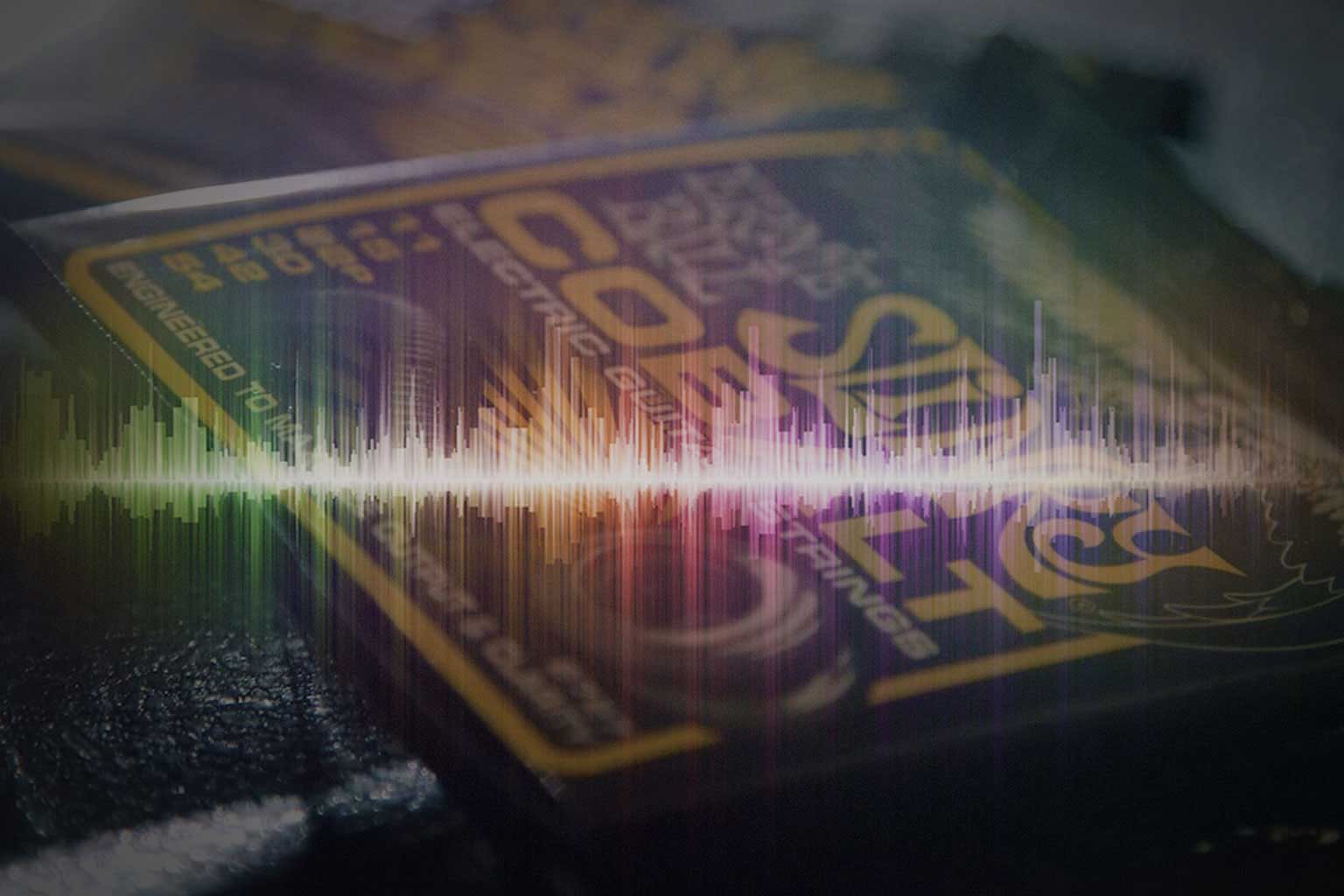-
 United States
United States


Clint Black:
Music was always that thing that I had to do. And even though I go through periods where I don't have to do it, it's just a matter of time. The more guitar I play on my albums, the more producing and engineering I do, the more it's an expression of myself. But that's just a byproduct of this need to play music. And it's like feeding the soul. You can go only so long without it and then you have to have it back.
Clint Black:
When I first started playing guitar, it was just a means to an end. I wanted to sing, and so I just learned enough guitar chords to be able to sing some songs I knew. And that really was it. I started learning some songs from song books, namely James Taylor. So it became a little bit more about technique and finger-picking, and over time that evolved. I really set out to learn more songs and work on my technique, but I really had no lessons, I had nothing to go by, and I was just mimicking what I heard or getting it from a song book. And now I'm around really good musicians, and some of them truly great. Set out really to try to sponge things off of them.
Clint Black:
And when I did my Nothing But the Taillights album, I decided I was going to play all of the electric guitars on there just as a challenge. I didn't manage to do it because three songs Dann Huff had already played on, and I could never satisfy myself with what I was doing over what he did. Got about halfway through the album and then I felt like I was just covering old ground with whatever I was coming up with, because I was in LA at the time, and I found a couple of guys and took guitar lessons. I told them, "I don't want you to show me licks, I need you to show me how to fish for myself on the guitar and why I'm not seeing more."
Clint Black:
And so, I took a couple of lessons and then continued on and finish the album. I was pretty happy with what I did. I felt like I was expressing myself, and that was serving the songs, which was the main thing.
Clint Black:
And then years went by and I really wasn't growing that much and I decided I was going to take another stab at getting past the barrier that I had hit. One of my goals was a song from the No Time to Kill CD called Tuckered Out, which is really fast. Took me two years to get to the point where I could play those with the band on stage. It started out as just a way to be a singer, and it has turned into an obsession with becoming a more than average guitarist.
Clint Black:
I bought Ernie Ball strings way back in the club days. On my electrics, I use the 10s. I feel like that just gives me a nice feel, but it also doesn't give me too much bottom. I don't really want a ton of fatness in the bottom strings. And I tend to like something that feels a little more transparent. It's the same with the acoustics. Once I could have any string I wanted, and it's been Ernie Ball ever since, and that's probably 1991. Yeah.
Clint Black:
So now it's become how do I get the sound I'm going for? What's that sound I'm hearing and how did they get it? Since the Kemper amp profiler came along, it's a lot easier for me to figure out how someone else is getting a sound, and what I want to do to that sound to make it my own. It really is an evolution now beyond just wanting to play better. It's wanting to be able to get sounds.
Clint Black:
But on most days I'll play about two hours, maybe three hours, practicing what I already do or just noodling around and playing with other people's CDs. I'll put on some Keb' Mo' and play along with him, and step all over his vocal, by the way, with my guitar licks. Most of what I push myself for now is improvising, because I can work up licks for an album or for a show, but improvising, to me, is the white whale. That's the thing that's still out there for me to feel confident enough that I feel I could just sit in with anyone and have something to say. Another never-ending battle.